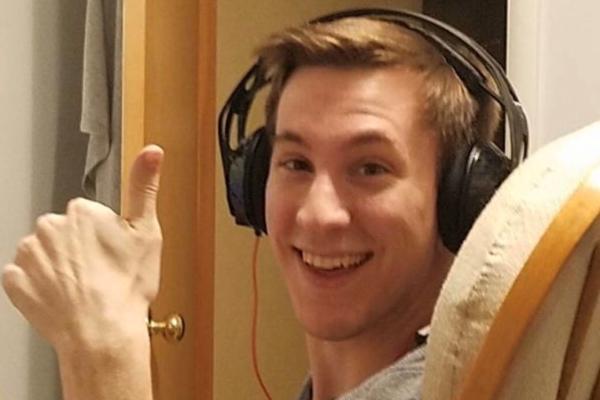Research study examines the complex relationship between gamers and “smurfing”

PhD student Charles Monge was the lead author, alongside Assistant Professor Nicholas Matthews, of a study that examined the complexity behind toxic behavior in video games that involves players “tricking” the game into giving them easier matches, which is called “smurfing.”
After examining 328 participants who reported playing video games for an average of more than 24 hours a week, the study found that participants perceived smurfs to be more toxic than other players. This is despite 69% of participants reporting that they occasionally smurf, but commented that it “is not bad all the time.”
The study also found that 94% of participants think that other players sometimes smurf, and noted that they thought those gamers were more likely to be toxic.
The complexity behind the initial study’s findings led to a follow-up study by Monge that examined 235 “heavy gamers” and how they determined blame for smurfing. The study found that even if someone wanted to blame another gamer for smurfing, they would still try to set aside their emotions and biases for “fair” blame. This is because people are worried about what others might think of them if they are seen as blaming others “unfairly,” ie. socially regulated blame perspective.
However, these results were different than the anticipated motivated-blame perspective, which would evaluate all smurfing as bad.
A third study examined non-gamers and found support for the same socially regulated perspective.
“This study makes it clear that many gamers have a more complex relationship to smurfing and that saying it is not welcome may be an oversimplification for them,” said researchers Monge and Matthew.
For the full press release, visit Ohio State News.
